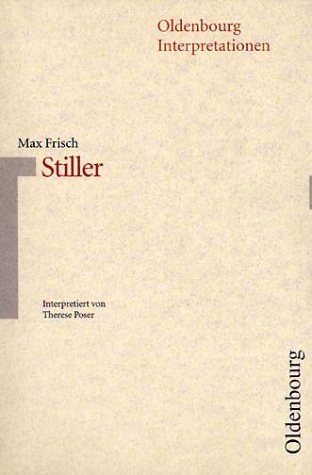
Authors

Max Rudolph Frisch was born in 1911 in Zurich; the son of Franz Bruno Frisch (an architect) and Karolina Bettina Frisch (née Wildermuth). After studying at the Realgymnasium in Zurich, he enrolled at the University of Zurich in 1930 and began studying German literature, but had to abandon due to financial problems after the death of his father in 1932. Instead, he started working as a journalist and columnist for the Neue Zürcher Zeitung (NZZ), one of the major newspapers in Switzerland. With the NZZ he would entertain a lifelong ambivalent love-hate relationship, for his own views were in stark contrast to the conservative views promulgated by this newspaper. In 1933 he travelled through eastern and south-eastern Europe, and in 1935 he visited Germany for the first time. Some of the major themes in his work are the search or loss of one's identity; guilt and innocence (the spiritual crisis of the modern world after Nietzsche proclaimed that "God is dead"); technological omnipotence (the human belief that everything was possible and technology allowed humans to control everything) versus fate (especially in Homo faber); and also Switzerland's idealized self-image as a tolerant democracy based on consensus—criticizing that as illusion and portraying people (and especially the Swiss) as being scared by their own liberty and being preoccupied mainly with controlling every part of their life. Max Frisch was a political man, and many of his works make reference to (or, as in Jonas und sein Veteran, are centered around) political issues of the time. information was taken from http://en.wikipedia.org/wiki/Max\_Frisch